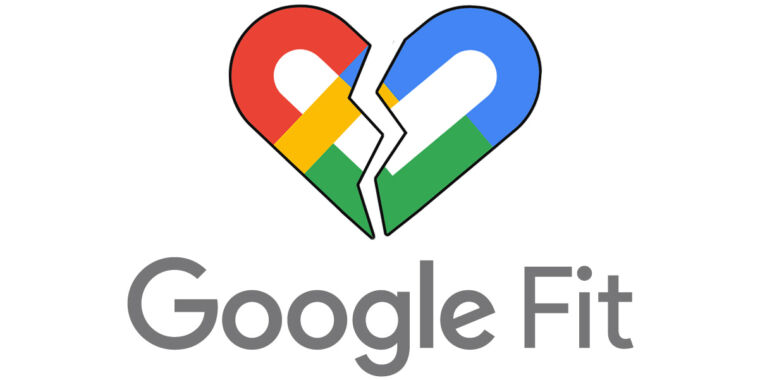Ron Amadeo / Google
Google is killing off the Google Fit APIs. The platform originally existed to sync health data from third-party fitness devices to your Google account, but now it’s being killed off. Deprecation of the APIs happened on May 1, and Google has stopped accepting new sign-ups for the API. The official shutdown date is June 30, 2025.
The Google Fit API was launched in 2014, just a few weeks after Apple announced Healthkit in iOS 8. The goal of both platforms is to be a central repository for health data from various apps and services. Instead of seeing steps in one app and weight in another, it could all be mushed together into a one-stop-shop for health metrics. Google had a lot of big-name partners at launch, like Nike+, Adidas, Withings, Asus, HTC, Intel, LG, and app makers like Runtastic and RunKeeper.
Fast-forward to 2024, and we get the familiar story of Google being unable to throw its weight behind a single solution. Today, Google has three competing fitness APIs. There is a “Comparison Guide” on the Android Developer site detailing the differences between the “Health Connect” API, the “Fitbit Web API” and the “Google Fit REST API.”
Besides killing off the API, Google Fit in general seems like a dead product. Google’s deal to acquire Fitbit closed in 2021, making Fitbit the shiny new fitness brand and bringing with it fitness API No. 2. New Google products like the Pixel Watch and Pixel phones come with the Fitbit app as the built-in fitness solution instead of Google Fit, and the Google Fit app hasn’t seen a significant upgrade in a while.

Google’s Fit API shutdown timeline.
Google’s new fitness API, Health Connect, has had a “beta” app on the Play Store since 2022 that only works with Android 13, and in Android 14, Health Connect became baked into the OS as an open source framework for storing health data. That Android 14 launch was only seven months ago, and with Android’s slow update schedule and even slower developer feature adoption, it’s hard to say too much about Health Connect. Google notes that the Play Store version of Health Connect and the Android 14 version of Health Connect are not the same thing (!), and an automatic “migration” pop-up screen and device reboot is needed to move to the Android 14 version. Google hasn’t said anything about compatibility with versions of Android older than Android 14 (or 13?), so even in 2025, Android’s slow update speed means this is going to be an API with low device support.
One change pointed out by Google’s comparison guide is that while the Fitbit API syncs health data to your Fitbit account (Fitbit accounts are also being shut down in 2025), and the Google Fit API syncs health data to your Google account, Health Connect doesn’t sync to any cloud provider. The documentation around Health Connect never talks about the cloud at all. From a platform perspective, not having cloud sync makes Health Connect more of a neutral, not-Google-affiliated standard for health data storage. Google also pitches the lack of cloud storage as a privacy feature. And just like how Google and Samsung teamed up for Wear OS (I assume this was a related project) Samsung has agreed to give up on the “Health Platform API” and is a launch partner for Health Connect.
From a user perspective, with no cloud syncing, what happens to my health data if I switch devices or if my phone breaks? Can I ever easily look at my health data in a more capable tablet or web app, or will that not work? For now, all talk of “sharing” is limited to local apps or devices that directly sync to your phone, like a smartwatch. The Fitbit app can show third-party Health Connect data right now, but it’s unclear if it will sync third-party data to the cloud. Google notes that “Our Android Health API offerings have moved to an on-device model, so there will not be an alternative to the Fit REST API.” (A REST API, by definition, is over the Internet.)
The company’s migration guide notes that the Google Fit and Health Connect APIs aren’t compatible, and for now Google recommends supporting both while users and manufacturers transition from one API to the other. The guide also flatly says, “We don’t recommend migrating to Health Connect if you’re an existing Google Fitbit Web API developer,” and then offers no alternative, so it sounds like the goal is siloed on-device data only, and any devices that use the web APIs will stop syncing in 2025.
By the way, despite being the same age, Apple’s Healthkit ecosystem isn’t being shut down and will continue running. While Google starts over, Healthkit will continue growing its ecosystem and its already significant lead, and Apple will continue to build user and developer trust.

